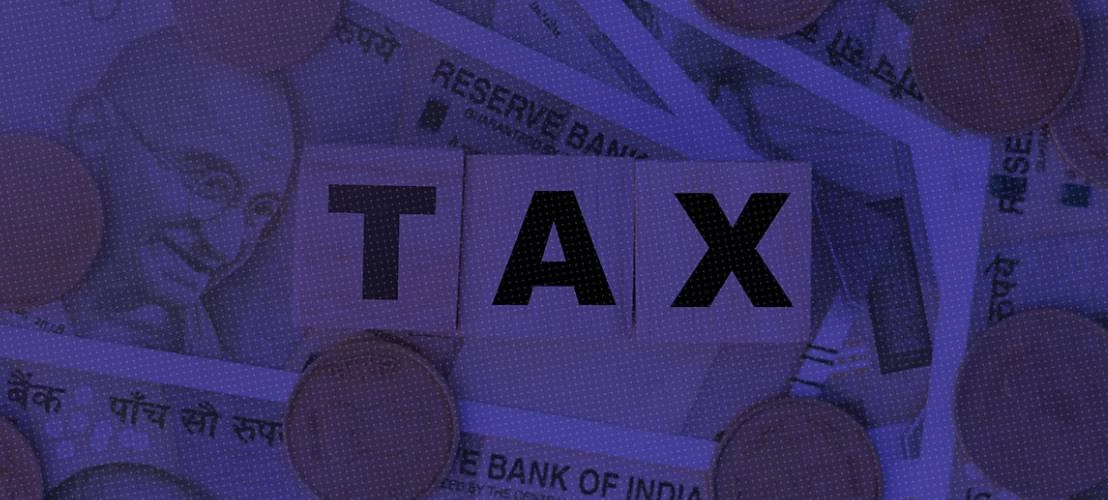The Delhi High Court has opined that a faceless assessment scheme does not mean no personal hearing. The Court in this regard was of the view that where an action entails civil consequences, observance of natural justice would be warranted. It held that unless the law specifically excludes the application of natural justice, it should be taken as implanted into the scheme. It also noted that in fact, the opportunity to provide hearing before making any decision is considered to be a basic requirement in Court proceedings.
Commenting on the use of the word ‘may’ in Section 144B (7)(viii) of the Income-tax Act, 1961, the High Court was also of the view that where a discretion is conferred upon a quasi-judicial authority whose decision has civil consequences, the word ‘may’ which denotes discretion should be construed to mean a command. It held that that the word ‘may’ in Section 144B(7)(viii) should be read as ‘must’ or ‘shall’ and that the requirement of giving an assessee a reasonable opportunity of personal hearing is mandatory.
The Division Bench in its decision dated 14 January in Bharat Aluminium Company Ltd. v. Union of India also failed to understand as to how grant of personal hearing would either frustrate the concept or defeat the very purpose of Faceless Assessment Scheme. It stated that the identity of the assessing officer can be hidden/protected while granting personal hearing by either creating a blank screen or by decreasing the pixel/density/resolution.
The High Court was also of the view that a quasi-judicial body must normally grant a personal hearing as no assessee or litigant should get a feeling that he never got an opportunity or was deprived of an opportunity to clarify the doubts of the assessing officer/decision maker.







